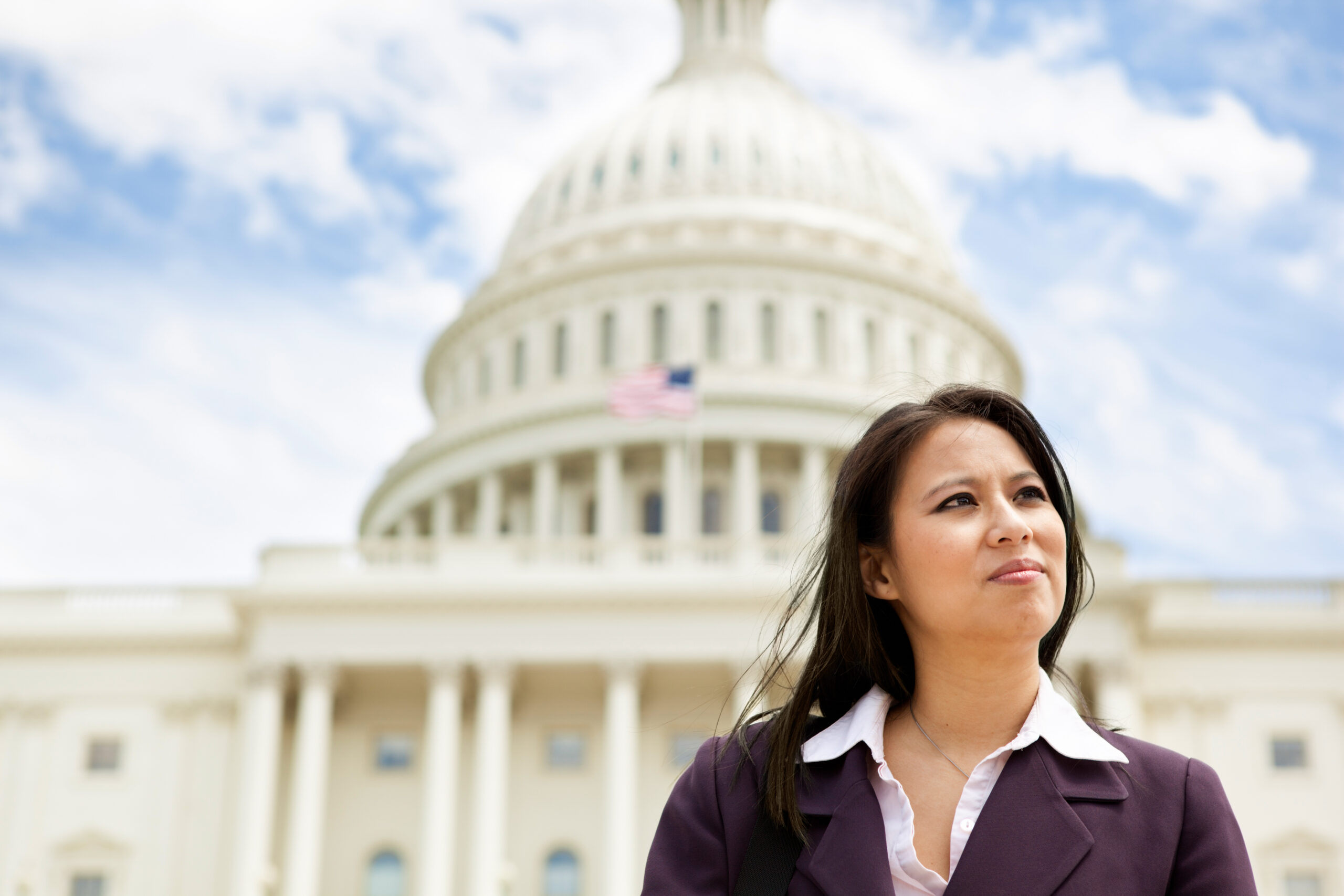In the Lead
Despite Its Name, the Pregnant Students’ Rights Act is Nothing More than Another Attack on Abortion Rights
This week, amidst a growing list of urgent priorities and rapidly approaching government funding deadlines, the House of Representatives is instead opting to vote for legislation to further stigmatize and restrict students’ reproductive decisions. Under the guise of protecting students’ rights, the House leadership is turning its anti-abortion crusade on college and university students, pushing legislation to limit their ability to make reproductive health care decisions. Despite its lofty title, the Pregnant Students’ Rights Act does absolutely nothing to protect [...]
Are Cash Transfers and Guaranteed Income Programs an Answer to Poverty in the United States?
The state of poverty alleviation efforts in the United States creates an opportunity for cash transfer and guaranteed income pilots. There is an urgent need to identify and implement social policies and programs that support women’s economic empowerment and well-being. In recent years, cash transfers and guaranteed income programs, which provide money to participants in need of income assistance, have gained widespread support in the United States, with an increase in the number of pilots post-pandemic. One in ten [...]
Illinois Steps Up to Meet Rising Regional Needs for Reproductive Care
Illinois is emerging as an oasis in a desert of reproductive freedom. Surrounded by states with near-total abortion bans post-Dobbs, Illinois Governor J.B. Pritzker and fellow Democrats expanded protections for abortion and gender-affirming care providers and out-of-state patients this legislative session. The new law also mandates state-regulated insurance coverage for abortion medication, HIV prevention drugs like PEP and PrEP, and gender-affirming care at no extra cost to consumers. In addition, legislators allocated $8 million in the FY2024 budget for training [...]
High Rates of Violence and Discrimination Contribute to the Wage Inequities of Native American Women
November 30 marks Native Women’s Equal Pay Day. Native women have one of the lowest earnings ratios compared to non-Hispanic White men. In 2022, all Native women with earnings were paid 54.7 cents per dollar and Native women who worked full-time year-round were paid 58.9 cents per dollar compared to non-Hispanic White men. IWPR’s analysis of trends in earnings over the last two decades finds that all Native women with earnings won’t reach pay equity with non-Hispanic White men [...]
SNAP and the Farm Bill
As Congress looks to complete work on the must-pass Farm Bill, a critical nutrition assistance program remains in the crosshairs. With many provisions of this legislation set to expire in 2024, it is critical that Congress avoid any new restrictions to food assistance programs that provide crucial support to low-income Americans. The Farm Bill is an omnibus, multi-year law that governs numerous food and agricultural programs. The bill covers commodities, conservation, trade, nutrition, credit, rural development, research, forestry, energy, horticulture, [...]
Voters double down: Supporting abortion access has clear upside for candidates
For an off-cycle election year, voters across the country sent some pretty clear messages and delivered a number of convincing wins for abortion access. Even states with deep partisan divides signaled that reproductive health rights rank high among their priorities, which bears critical weight as our country heads into next year’s general election with historically few swing states. All eyes were on Ohio as the ballot referendum on Issue 1 loomed large over the swing state’s reproductive rights landscape. Abortion [...]




